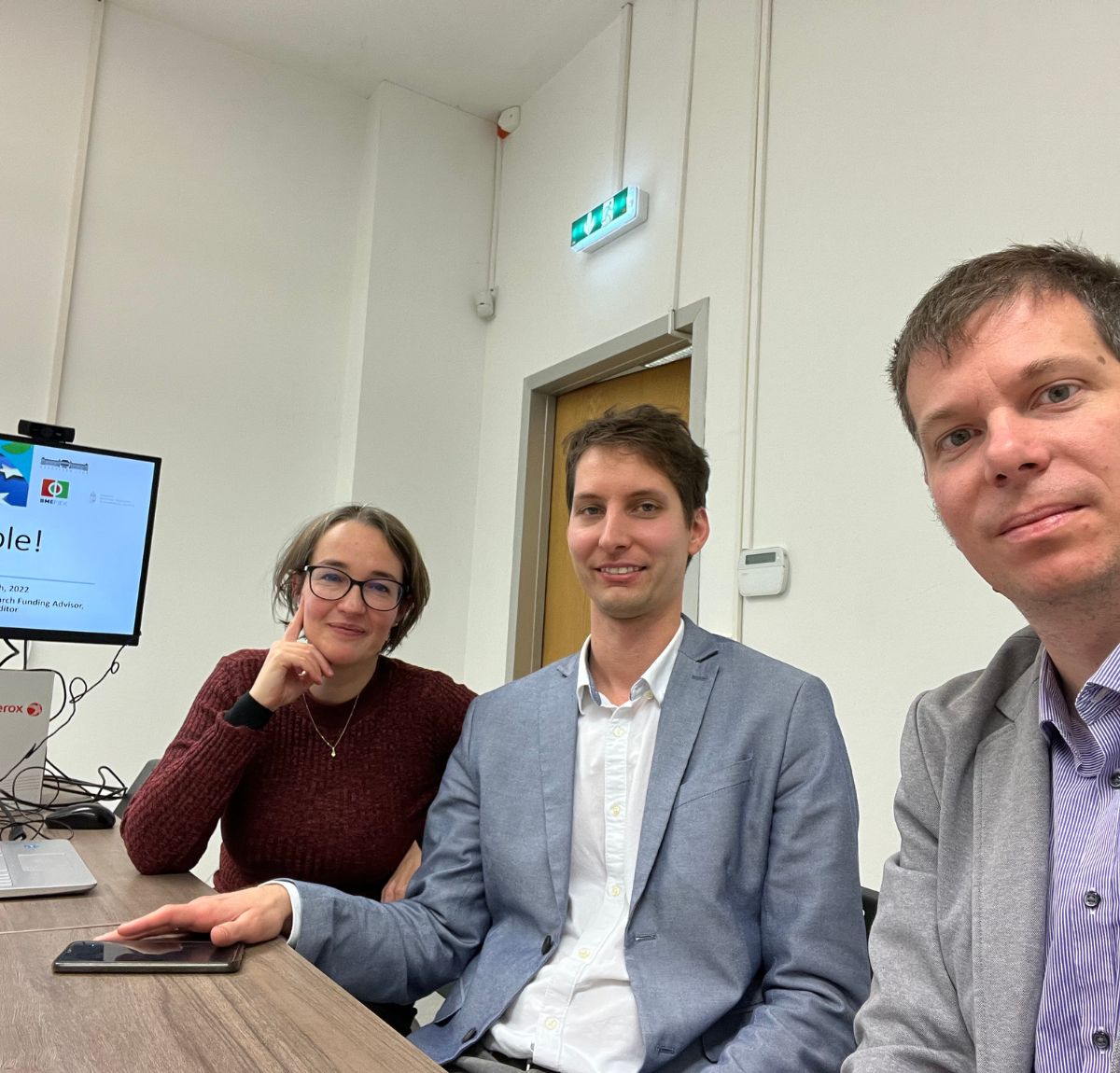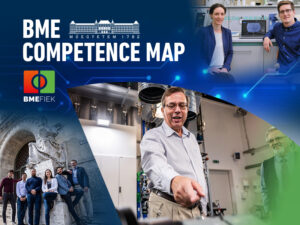We are always glad to offer trainings for early-career researchers in fields that support their professional growth, help them establish their own international visibility and might open up new perspectives in creating societal impact with their research. This semester the BME Horizon Team was offering two courses in the framework of the PhD-training portfolio. The sessions were held by Borbala Schenk, the Chief European Research Funding Advisor of the university.
OPEN UP YOUR RESEARCH!- IMPLEMENTING OPEN SCIENCE PRACTICES IN RESEARCH DESIGN
„You are doing research for a reason: you are motivated to achieve change. You wish to come up with a new technology, an innovative method, a novel approach to a certain problem. But can you achieve real change if your innovative ideas are not known, trusted and used by the relevant stakeholders of your research?
Open Science is a methodology that helps you connect with the knowledge actors important for you. Open Science is more than Open Access: it is a co-creation methodology based on systematic sharing of knowledge within, but also beyond the academic community as early and as widely as possible. Also, Open Science is a requirement of the projects funded by Horizon Europe, the primary European research funding framework, so we might as well master it if we want to be successful applicants. The first objective of the course is to introduce Open Science by showing its context, content and practice. The second objective is to make you think: how can you open up your research to achieve impact beyond academia?””
The course helped the participants in understanding different types of research impact as European grant requirements, factoring stakeholders beyond academia in your research, getting familiar with the concept and context of Open Science and in finding new perspectives for designing research concepts and methodologies
BE VISIBLE – PRACTICAL GUIDE TO NETWORKING AND STRATEGIC PARTNERSHIP BUILDING FOR FUTURE COLLABORATIONS
The changing dynamics of the European research funding scene, the growing importance of social media and the need to achieve wider societal impact beyond academia requires new strategies for researchers to be visible before potential future collaborators. At the interactive session the host and two invited guests, László Bacsardi, Head Of Laboratory at Mobile Communications and Quantum Technologies Laboratory (Faculty of Electrical Engineering and Informatics) and Roland Molontay, Head of Human and Social Data Science Lab https://competence.bme.hu/research-groups/105-human-and-social-data-science-lab/ (Faculty of Natural Sciences) gave tips for early career researchers how to network and build strategic partnerships for future collaborations and showed good practices and experiences to establish solid social media presence.



